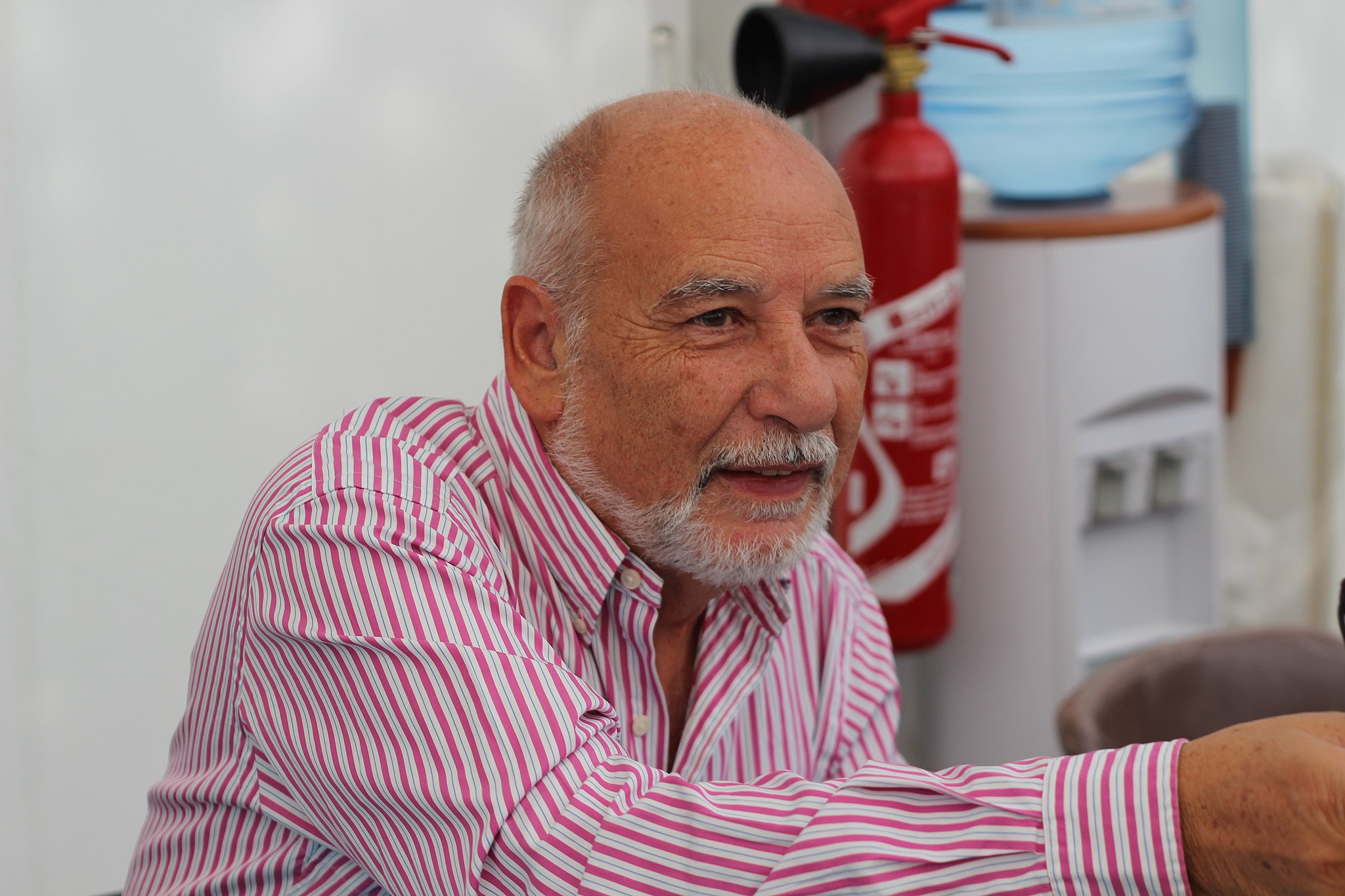Interview
Ben Jelloun: ‘Europe is deeply ill and doing nothing to cure itself’
‘The issue at stake is not just about an elementary form of solidarity, but what European civilization represents, the ideas and culture for which so many people have chosen and still choose today to come and live here.’

The Moroccan-French writer and journalist Tahar Ben Jelloun, who often writes about discrimination, presented the new edition of his book Racism Explained to My Daughter at Milanesiana, the festival created and directed by Elisabetta Sgarbi. We spoke with him there.
Born in Morocco, you have long since made Europe your chosen home. How do you consider what is happening to migrants?
I fear that Europe is losing its soul. It is deeply ill and doing nothing to cure itself. The issue at stake is not just about an elementary form of solidarity, but what European civilization represents, the ideas and culture for which so many people have chosen and still choose today to come and live here, especially in regards to the rising obsession on the theme of identity, as in the increasingly restrictive policies that are being implemented against those arriving from the other side of the Mediterranean.
Your book on racism was written over 20 years ago. What has changed since then?
Unlike what one might think, I do not think that racism has spread any further. The real problem lies more in its trivialization. Let me give you an example. In 1995 a young Moroccan drowned after being thrown into the Seine by a group of skinheads participating in a National Front parade in central Paris. Today, at least in France, such tragedies are no longer taking place, but, at the same time, the ideas that produced them are no longer as alarming as they used to be. Today, talking about “us” and “them” has become almost constant in the political debate. In addition, racism has diversified: as well as rejection of immigrants as such, anti-Semitism and Islamophobia have increased.
In your book you replied to the “Debré Law,” with which the right-wing wanted to close the French borders. Laws such as that one are now at the core of European policy.
This is dramatic. This climate has been achieved gradually. The keystone was the alarm over Islamic terrorism, which in the propaganda of racists turned into an unconditional fear of Islam and Muslim immigrants. Once the equation between danger and migrants has been established, a slogan that has won many electoral campaigns, we have arrived at our current situation: those who enter are not only a “danger” but also an “enemy.” And it makes little difference whether they’re a refugee or someone who crosses the sea, in the conditions we are by now familiar with, to improve their life.
About the Italian situation, a decade ago you wrote how racism was “authorized” by precise laws.
Today much is said about what Salvini says and does, but it is forgotten that the ground on which he moves was long prepared during the Berlusconi years, which opened the way—the Lega was still in government then—to the demonization of foreigners. The right-wing has artfully fed the current climate of hate for a long time. And the Left has not fought it as it should have done. Although I must remember that I met the mayor of Naples, de Magistris, who, as opposed to Salvini, announced that the port of his city will always be open for those fleeing hunger and war.
In the book you cite Balotelli and other black European athletes. Are these athletes a symbol of anti-racism?
They can play a decisive role, especially in the eyes of young people. Think of the World Cup or the photo of Italian athletes being discussed these days. Young people can identify with these figures in order to dismantle the prejudices and hypocrisy of racism.
Already in 1977, in La plus haute des solitudes, you described the life of migrants in Europe. Does the current debate forget that our societies are already “immigration societies”?
That’s right, but the racists deny the evidence. Think of Trump forgetting how the United States was created. And its European epigones are no less important. That’s why it’s important that culture continues to try to unite what these characters want to divide with all their strength.
Originally published at https://ilmanifesto.it/tahar-ben-jelloun-sulla-sorte-dei-migranti-leuropa-si-gioca-lanima/ on 2015-10-08
